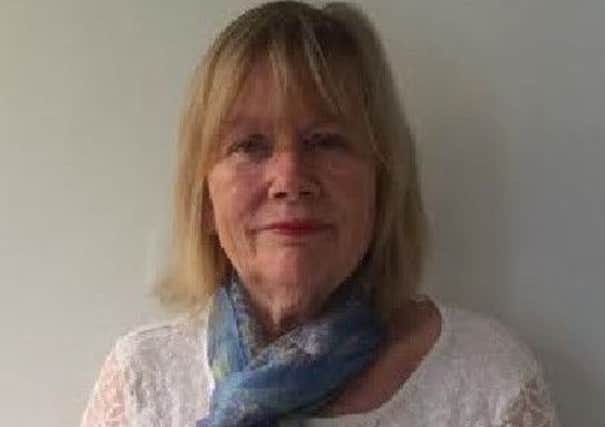Politically Correct by Pat Roache


There were so many things I could have written about in these politically turbulent times.
However, the demolition of Queenstown flats reminded me of my past, and enabled me to focus on the thing that is closest to my heart – the NHS. Queenstown was the place I grew up, and where my mother lived later in life.
Advertisement
Hide AdAdvertisement
Hide AdAs most people know, the NHS was conceived by Clement Attlee’s Labour government in 1948 to provide universal health care, free at the point of use, whether you lived on a council estate or in a mansion.
I had a brother who died as a baby.
He was born before the NHS began, and I suspect that inability to pay for the doctor contributed to his early death.
The figures bear this out.
Infant mortality stood at 34 deaths per thousand before the NHS – and just five per thousand afterwards.
Unlike my mother’s generation, I grew up supported by the NHS, as did my children. My son had a serious accident some years ago.
Advertisement
Hide AdAdvertisement
Hide AdHe received superb emergency care, which saved his life. Never for one minute did it cross my mind that he would not be cared for because I could not afford to pay.
I was from the first generation to experience this.
However, the downsides of a private health service run for profit were brought home to me when I took up a teaching post in America.
While the college paid for my health care, the majority of my students and their families were either uninsured or under-insured.
I remember watching, with horror, television appeals by young children begging for money to fund their life-saving medical treatment.
Advertisement
Hide AdAdvertisement
Hide AdI also had a close American friend who became seriously ill.
Each day, staff would stick yellow Post-it notes to the door of his hospital room to ensure that any intervention was charged for correctly.
Each night the costs were added up and sent to his insurance company.
One day his insurance reached the limit, and he was discharged.
He died shortly afterwards.
Upset at plight of NHS today
Advertisement
Hide AdAdvertisement
Hide AdMy work in America involved a psychology course which had death and dying as a central theme.
I transferred this experience to Blackpool College, where I became a curriculum manager for counselling and psychotherapy.
I was fortunate to be able to support the NHS by working as a counsellor in a GP surgery.
In addition, I represented disabled members nationally as a member of the University and College Union’s national executive, and was there able to lead developments in the mental health field.
Advertisement
Hide AdAdvertisement
Hide AdI served on the TUC Congress’ disabled workers committee and also a joint union/National Pensioners Convention working party on health.
More recently, I was elected as a public governor for Blackpool Teaching Hospitals NHS Trust.
In all of these roles, I have championed the work of the NHS locally and nationally.
So you can perhaps imagine my distress at the current plight of the health service.
Advertisement
Hide AdAdvertisement
Hide AdWe’re seeing cuts in budgets, a lack of funding to educate vital health workers, and more recently a huge increase in visits to Blackpool A&E, but without the extra resources needed to cope.
There is much discussion about who deserves, and does not deserve, treatment.
This is all set against the backdrop of a town where life expectancy for men is worse than anywhere else in the country.
Life expectancy can be measured by bus routes.
The further a person lives along the bus route from the centre, the greater will be their life expectancy (Blackpool Clinical Commissioning Group report 2014-2019).
Health service is vital to our future
Advertisement
Hide AdAdvertisement
Hide AdThe Queenstown Flats demolition reminded me of why I joined the Labour Party in the turbulent 1980s.
Margaret Thatcher’s pronouncement that ‘there is no such thing as society’ contrasted starkly with the Labour Party core belief that ‘by the strength of our common endeavour we achieve more than we achieve alone’.
When the Greeks coined the word politics 2,500 years ago, its definition was ‘of, for, or relating to citizens’.
From this, I take the word’s meaning to be that we all have the power to change the world when we band together with others.
Advertisement
Hide AdAdvertisement
Hide AdIf, like me, you believe the NHS is vital to our future, there are many things you can do. You can sign up to the 38 Degrees health campaigns, volunteer at Victoria Hospital, or even fight through your local Labour Party.
Notions of equality and compassion are central to the way in which society should be organised.
Perhaps Nelson Mandela put it best, when he said that a fundamental concern for others would go a long way to making the world a better place.